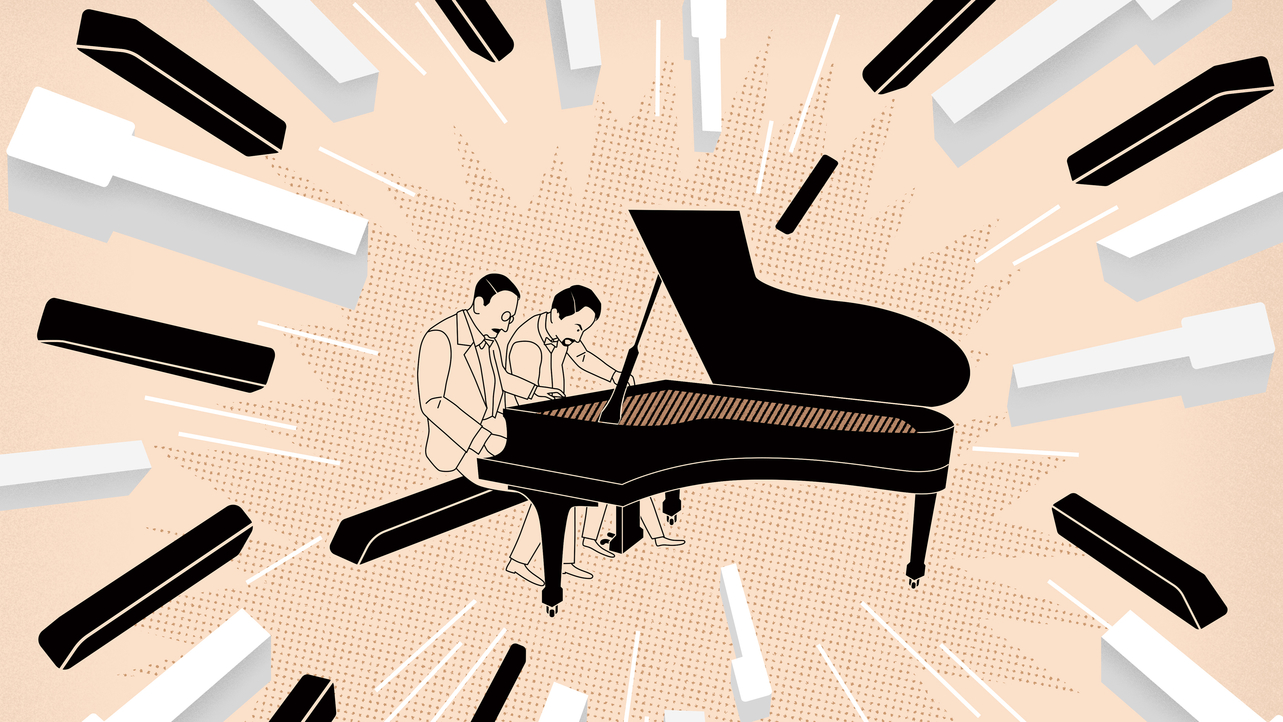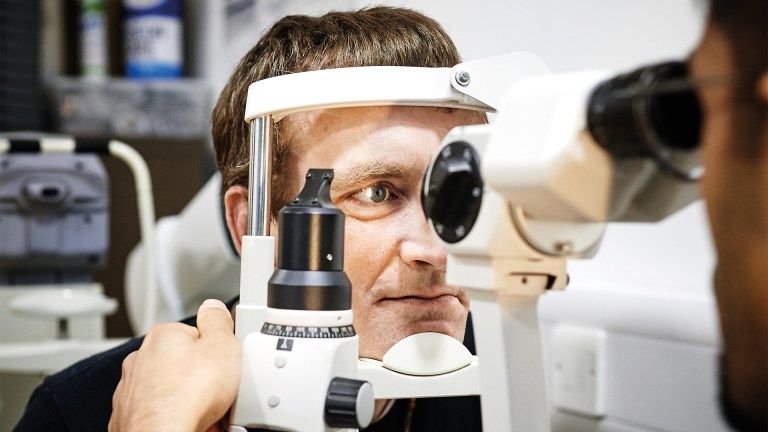The enduring popularity of Stravinsky’s The Rite of Spring has always struck me as a startling
improbability. Without the spectacle and drama of dancers, costumes, scenery and plot, how could the unadorned music possibly compel so many performances? And yet, this is precisely the circumstance repeated scores of times every year in concert halls throughout the world, containing not one note fewer than a full ballet production.
The Rite has inspired more spinoffs than any one person knows about: it accompanies the Big Bang and the extinction of the dinosaurs in Disney’s animated classic, Fantasia (certainly my own first exposure to the piece); it gets the radical chiaroscuro treatment in an über-cool rendition by the intrepid piano/bass/drums ensemble, The Bad Plus; it is performed with stunning virtuosity in an arrangement for merely one piano by the Turkish bad-boy/pianist Fazil Say, and he’s hardly the only ivory trader doing so. The list goes on. The conductor Esa-Pekka Salonen, who made a calling card of the Rite early in his career, has said: “The miracle of the piece is the eternal youth of it. It’s so fresh, it still kicks ass.”
The controversy surrounding the Rite’s 1913 premiere in Paris (read: riots) has inspired a fetishisation and cultishness about the piece that extends far outside the cloisters of music aficionados. The modernist masterwork is the undisputed celebrity of 20th-century music, far more people knowing of it than actually having heard it. Oozing charisma, it swaggers urbanely through art galleries, radio talk shows and even dance clubs, as fascinating to mustachioed hipsters as it was to their parents, and even to some of their grandparents. I would bet that at virtually all times, someone, somewhere out there, is discussing The Rite of Spring.
All this extraneousness and cultural gloss is exactly why returning the Rite to its original form, a humble short-score for piano four-hands, presents a welcome chance for distillation and illumination. The published version is actually more a rough director’s cut than a polished arrangement (a rehearsal tool from before the age of recorded music), and I love to imagine what it may have sounded like when the four-hand-piano-monster of Claude Debussy and Igor Stravinsky originally auditioned the piece for its first presenter, the impresario Sergei Diaghilev.
In black and white, without the distractions of scandal and intrigue, costumes and choreography, without the kinetic coiffure of a young and ambitious maestro nor even a lonely bassoonist, two pianists bashing and caressing their way through it show us how much raw power, beauty and sex appeal Stravinsky’s music has all on its own. The rest is up to your imagination.
David Kaplan and Timo Andres perform Stravinsky’s The Rite of Spring for two pianos on April 29 at the Barbican, as part of Sound Unbound barbican.org.uk






